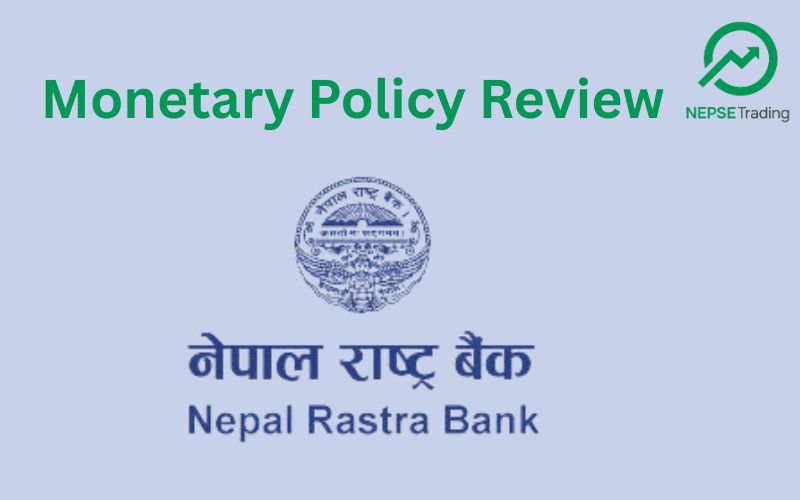By Sandeep Chaudhary
NRB Cuts BFI Investment Holding Period from 1 Year to 6 Months – Major Policy Reform in 2082

In a landmark regulatory reform, the Nepal Rastra Bank (NRB) has revised its Unified Directives 2082 (2025 AD), officially reducing the minimum investment holding period for banks and financial institutions (BFIs) from one year to six months. This policy shift aims to encourage institutional participation, enhance liquidity in the stock market, and modernize investment governance in the banking sector.
Background: One-Year Rule and Market Criticism
Previously, banks and financial institutions were required to hold shares, debentures, and other financial instruments for at least one year before selling them. This rule was originally introduced to ensure financial stability and prevent short-term speculative trading by institutional investors.
However, many market participants, analysts, and investors had long argued that the one-year restriction reduced market liquidity, discouraged institutional trading, and slowed stock market momentum. Institutional investors often hesitated to engage actively in NEPSE due to the rigid lock-in period, resulting in limited depth and volatility in daily trading volumes.
The New Six-Month Rule
Responding to these concerns, NRB has now cut the minimum holding period to six months. The updated directive states:
“Banks and financial institutions may invest in shares and debentures of organized institutions listed in the stock exchange for a period of not less than six months. No short-term investment shall be made in the shares of organized institutions.”
This means banks can now sell such investments after six months, allowing them to rebalance portfolios more frequently based on market and risk conditions. The revised rule is expected to revitalize stock market activity by allowing timely capital rotation while still maintaining regulatory oversight to deter speculative trading.
Rules for Unlisted Company Investments
For investments in unlisted organized institutions, NRB has retained a stricter approach. If a bank or financial institution invests in the shares or debentures of an unlisted company, such investments must be listed within three years from the date of acquisition.
If the securities remain unlisted after three years, the concerned institution must transfer an equivalent amount from retained earnings to an Investment Adjustment Fund, where the amount will remain frozen until the securities are officially listed. This rule ensures transparency, discourages long-term illiquid holdings, and promotes responsible investment in unlisted firms.
Removal of the 20% Annual Sale Restriction
In addition to the reduced holding period, NRB has also abolished the previous rule that allowed banks to sell only up to 20% of their paid-up capital investments per fiscal year after one year of acquisition. This removal gives financial institutions more flexibility in managing their portfolios according to market trends and liquidity requirements.
Expected Market and Economic Impact
Market experts believe that this reform will boost confidence and participation in Nepal’s stock market. By freeing banks and financial institutions from restrictive timeframes, the move allows for more active trading, better liquidity flow, and increased demand for listed securities. The six-month minimum period still preserves a level of stability, ensuring investments are not purely speculative but remain part of a disciplined and strategic financial structure.









